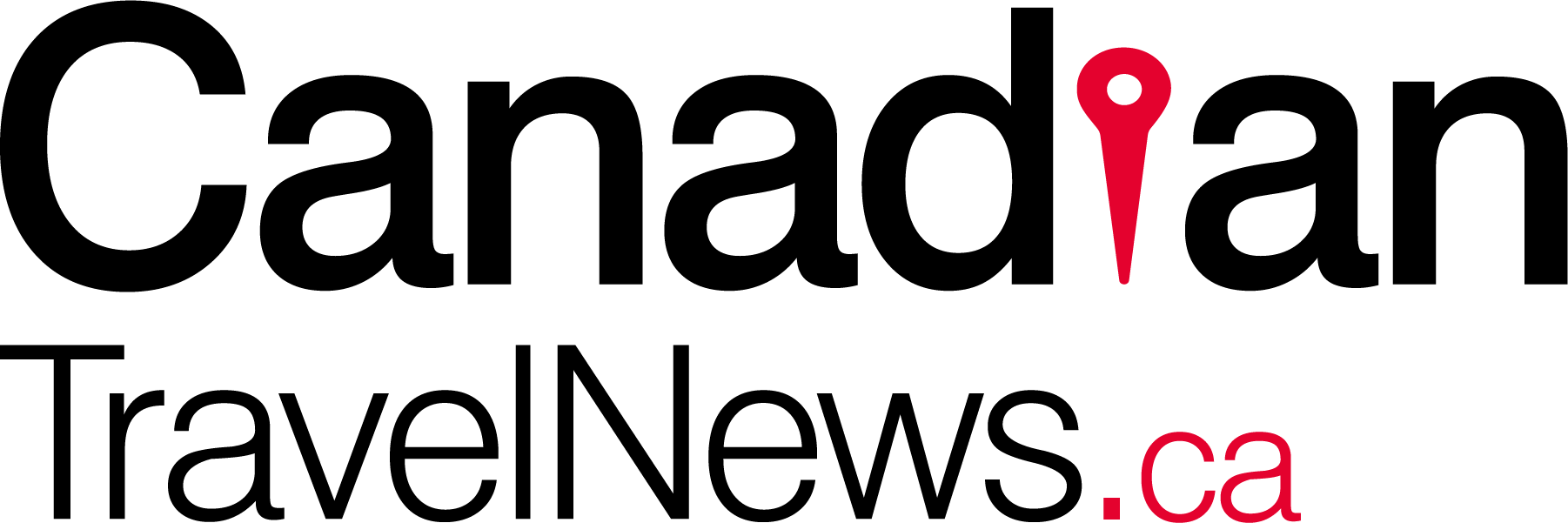
Action Needed Now to Save Canadian Tourism for the Summer, Panel Says
May 27, 2021 ctn_admin
Domestic travel can save Canadian tourism for this summer, but time is of the essence, experts say.
The Canadian Airports Council held a virtual panel talk on Thursday with top airline, airport, tourism and business experts from around the country. There was plenty of optimism about the future, but officials are worried that the summer could slip away if people don’t start moving around soon.
David Goldstein, CEO of Travel Alberta, said Canadian hotels will have trouble hiring staff and that it might take 45 to 60 days.
“I don’t want to sound like I’m desperate, but when you look at the bulk of leisure travel, which is the summer traveller, where do we stand 60 days from now? We’ve lost another summer.”
Philippe Rainvile, President Aeroports de Montreal, said he needs two months to hire workers back.
“The minimum, minimum, is 60 days.”
Michael Rousseau, the president and CEO of Air Canada, said bookings are picking up and that he’s hopeful about this year.
“There’s no doubt it’s going to be a better summer than last year,” he said. “It’s going to be more domestic-based than international-based. There may be some international travel, depending on how fast we change quarantine rules or we change rules on vaccinated versus unvaccinated passengers. I think certainly it will be stronger domestically, but that requires our provinces, and that’s one of our complexities, is that provinces control health and they have the ability to put restrictions in place like we’re seeing in Eastern Canada. So, hopefully all of Canada opens up by July 1.”
Rousseau also touched on the U.S. border.
“That would also provide some benefit to the summer” if the border closure wasn’t rolled over for another month on June 21. “But, again, that would depend on establishing protocols potentially for vaccinated and unvaccinated passengers.”
Andy Gibbons, Vice President Government Relations and Regulatory Affairs for WestJet, said the big factor in his mind will be Canadian public opinion.
“It’s currently our assessment as a company that that’s going to change very, very quickly. I think when people come out of COVID and their second doses are scheduled in their laptops and written on their fridge, they’re going to ask why Canada has 13 different border policies and 13 different travel policies and they’re going to ask where their vaccination certificate is … and why their cousin Tammy in the UK has one and she went skiing in Switzerland, and all these things.”
Gibbons said WestJet and others in the industry need guidance from the Trudeau government about when things can reopen.

“All we really want is travel guidance updated based on the latest science,” Gibbons said. “In other countries that’s a routine exercise. In this country, that has not been the case.”
Gibbons later said that “everyone has moved quicker and done a better job, generally speaking (on reopening), than Canada. That is a great frustration of ours.”
Goldstein said he’d like to see people use the phrase “visitor economy” instead of the word tourism.
Prior to COVID, the visitor economy was worth $100 billion a year in Canada, he said. “Here in Alberta it was close to $9 billlion.”
Of that $9 billion, $2.5 billion came from trans border and international travel, which makes the visitor economy the second largest export services industry in Alberta and in Canada, Goldstein said. “The power of this sector goes far beyond what we think of traditionally as the tourism economy.”
An interesting point to make during Tourism Week, for sure.
Air Canada’s Rousseau said he’d like to see provincial and especially the Canadian government “reinforcing that travel is a good thing., that it’s good for the economy, it’s good for customers, it’s good for employment.”
“My view is the Canadian government should act faster now, and act more decisively, as we have more confidence in the vaccination rates as we go forward and establish protocols for vaccinated and unvaccinated travellers, for example.”
Rousseau said one issue down the road is that airlines that have received government assistance will have to repay their loans, with interest. That could mean reduced investment or higher ticket prices, he warned.
The Canadian Airports Council released a white paper Thursday on the state of the industry and then issued a press release.
“Without a strong federal commitment to a comprehensive aviation recovery plan, both the air sector and Canada’s
overall competitiveness face considerable risk, according to aviation and business industry leaders who participated in a May 27 forum that examined post-COVID air connectivity and passenger costs. Air transportation is an important industry in Canada, facilitating the movement of people and cargo, and is a catalyst for other industries such as
tourism. The sector currently accounts for 256,000 direct jobs and contributes $23.4 billion in direct Gross Domestic Product (GDP).
“The webinar brought together leaders from the aviation and business communities to focus public attention on the importance of an air sector recovery and why it matters to every Canadian traveller, business and community. The starting point for the discussions was a newly released whitepaper, Holding Pattern: Canada Needs a Swift Recovery and Competitive Air Sector produced for the Canadian Airports Council, which examined the issues that will affect air recovery in Canada, including increased costs to travellers and reduced connectivity. The paper noted that a 25 percent increase in the price of travel would lead to decline of 20 percent in passenger demand. In turn this will impact connectivity, which has plummeted by as much as 90 percent in some regions, while leaving other regions isolated with effectively no service at all.”
“Aviation is an important contributor to the Canadian economy, supporting thousands of jobs and the movement of people and goods both within the country and to the rest of the world,” according to the paper’s executive summary. “The COVID-19 pandemic continues to have a significant negative impact on Canada’s aviation sector. For example, the number of passengers that moved through Canada’s airports during the month of April 2021 is only at 9% of levels observed in 2019.
“This sharp decline in passenger traffic has had a negative impact on the operational and financial viability of Canada’s airports.”












